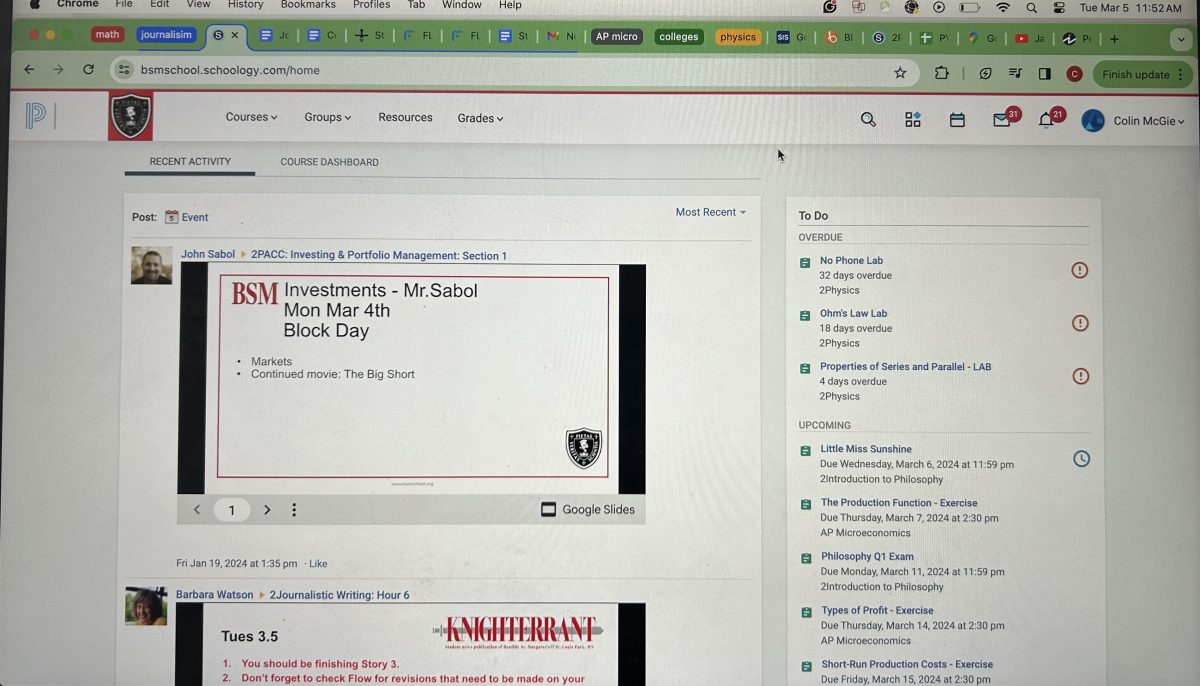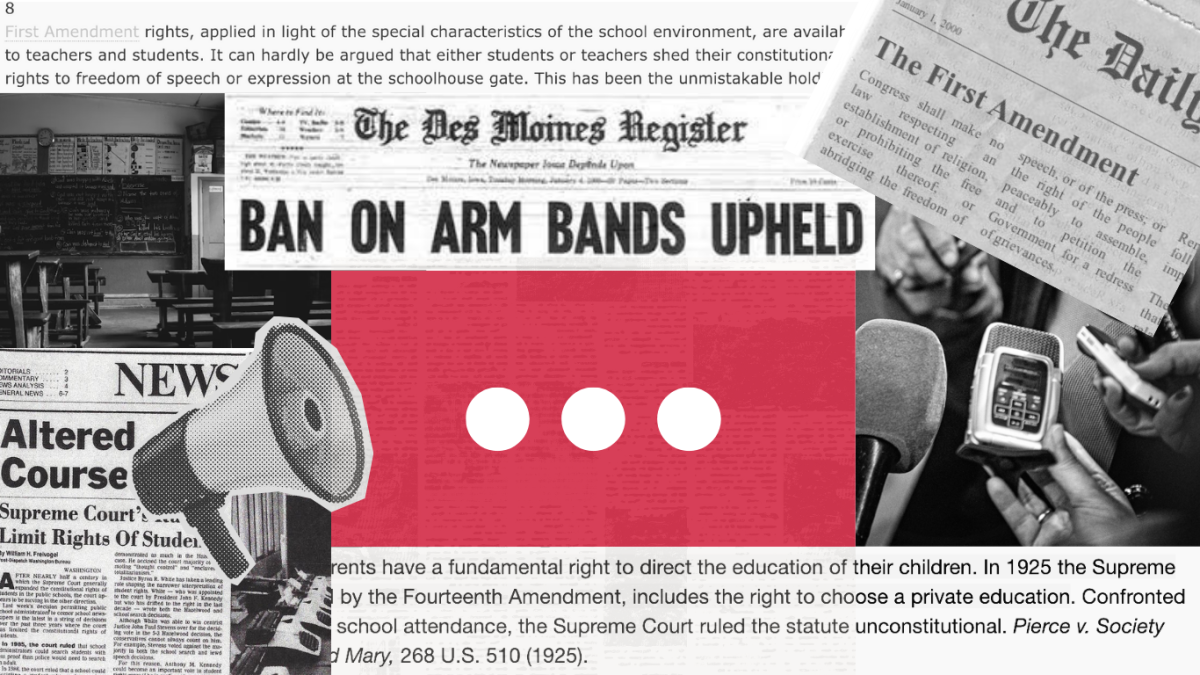ENDA’s necessary to support basic human right
Ever since the last election cycle, America matured quickly on issues related to sexuality. The passing of marriage equality in Fifteen states and counting, repeal of the federal statute DOMA, and the first election of an openly gay Senator, shows the country is undoubtedly moving in the direction of equality based on sexual orientation and gender identity. But like other minority groups who have struggled for equality and representation, the LGBTQIA community continues to struggle in a few key areas still in need of addressing. Workplace discrimination remains one of the most pressing of the issues.
This past week, the United States Senate passed a bill known as “ENDA,” or, the Employment Non-Discrimination Act. This legislative initiative, first championed after the Stonewall Rebellion in 1974, has been a hardfought goal by many on the basis of basic human rights, and was introduced with bipartisan support in 2013 by a variety of Senators on both sides of the political aisle.
The bill essentially reflects Title VII of the Civil Rights Act and the Americans with Disabilities Act, providing basic protections for LGBTQIA individuals in the workplace. Similar protections have already been afforded to other marginalized groups under the federal employment discrimination protections, and this new legislation is merely an extension of the same basic rights.
Explicitly barring the use of quotas, or allowing for special treatment, this law would not give LGBTQIA individuals a leg up in the workplace, but rather position them on a more equal playing field not currently in existence. In 29 states, it remains legal to fire someone for their sexual orientation, and in 35, due to someone being transgender. This new law would remedy both of these issues.
In fact, the majority of Americans––including white evangelical males fifty-nine percent in favor––support a ban on workplace discrimination as outlined in ENDA,, and seventy-three percent on average throughout the rest of the country. This widespread support on a human rights issue has been scarcely seen since the fight for racial equality in the 60’s, and it’s reminiscent of a changing tide in American politics.
With the majority of Americans on-board with equality for all, it’s time that Republicans in congress catch up with their constituents. Passing by a margin of 64-32, only seven Republicans voted for the bill, a true shame considering the amount of people this bill could aid. But the seven Senators that did support the effort should be commended for their protest of the utter disrespect of basic of human rights by the Republican Party.
Unfortunately, it doesn’t seem as though their colleagues in the House of Representatives will act with such humility. Speaker of the House John Boehner has stated that he will not bring the bill to a vote in the House. Even if the bill were to be voted on, it’s unsure whether or not it would pass. With a Republican majority in the House, and the growing threat of tea party primaries, many don’t see the bill as politically thrifty––a sign of the broken legislative system in which the most basic rights are sidelined.
LGBTQIA individuals deserve to be heard by congress. Marginalized and disenfranchised for too long, they speak with the same voice as everyone else in our nation’s most hallowed institution––and more importantly––in the profession they choose to seek and contribute to society through. ENDA provides a gateway to resolving these issues.
It is necessary that all Americans are afforded the same basic principles that our forefathers outlined in the constitution––a document based on the idea of equality for all. As our country moves forward at a rapid pace on the issues most pertinent to the time, all should be held accountable for their position. Lawmakers shouldn’t feel threatened by voting for this bill, but rather the opposite.

















































Mick Hawkins • Nov 26, 2013 at 9:53 pm
Always enjoy your writing and your perspectives, Parker.
Keep up the good work.
M. Hawkins